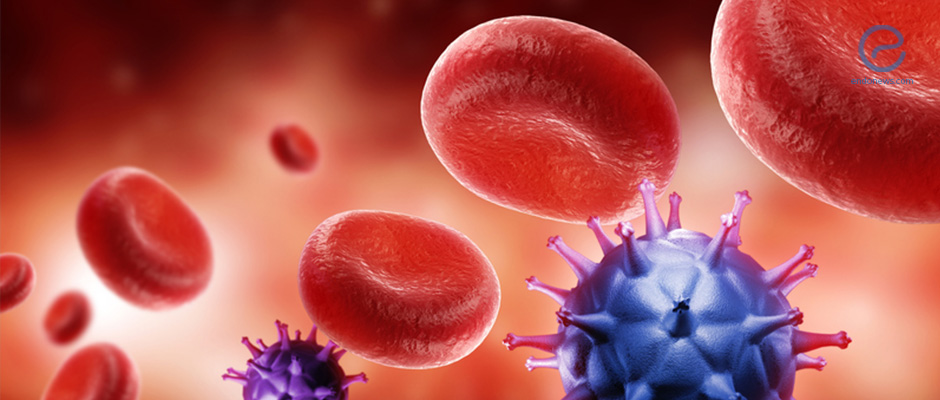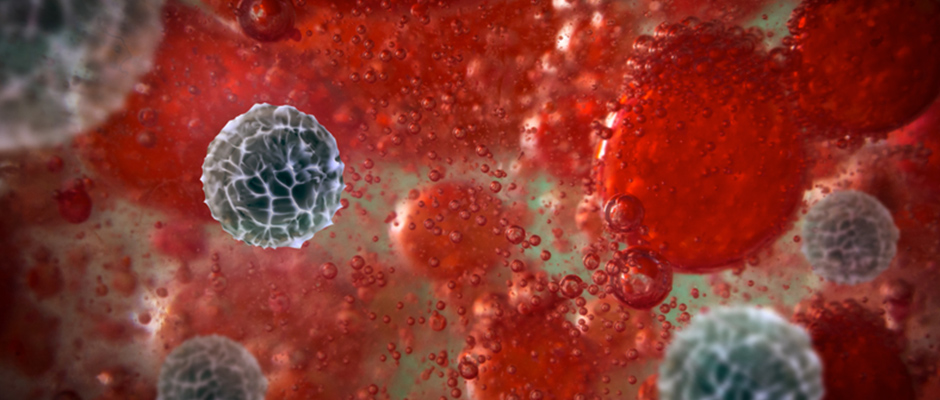Immune Cell Infiltration and Genetic Drivers in Endometriosis Development
The development of endometriosis is closely linked to immune cell infiltration, where immune cells and their secreted cytokines play a key role in driving inflammation and the formation of lesions. Studies highlight increased neutrophil infiltration in ectopic tissues, which release…
Key Points Lay SummaryVicious cycle: The promoting role of previous endometriosis foci for new lesions
An experimental animal study on the pathogenesis of endometriosis from the Institute for Clinical and Experimental Surgery, Saarland University, Hamburg has been published in a recent issue of International Journal of Molecular Sciences. Endometriosis is a well-known common gynecological ailment…
Key Points Lay SummaryImmune cells in peritoneal endometriosis
Dr. Burcu Ersoy and associates from The University of Sydney, Australia, published their interesting study on surgically removed peritoneal endometriosis tissues in the journal named "F&S Science". It is still a dilemma how ectopic endometrial tissues attach to the peritoneum, persist…
Key Points Lay SummaryFull understanding the role of nervous system in endometriosis could yield new gateways to novel therapeutic approaches
Dr. Velho and associates from Berlin, Germany have recently published their comprehensive review on the role of the nervous system in endometriosis in a recent issue of “International Journal of Molecular Sciences”. Understanding the role of the peripheral nervous system…
Key Points Lay SummaryCombined contraceptive pills and immune system cells in the endometriotic cyst wall
Dr. Wanwisa Waiyaput and associates from Mahidol University, Bangkok, Thailand, have published their results on the immune regulatory cells of the surgically resected endometriotic cyst walls in the “Journal of Ovarian Research”. The defective immune response is believed to have…
Key Points Lay SummaryImmune System, Cytokines and Endometriosis
Endometriosis is an estrogen-dependent chronic disease. Diagnosing endometriosis is difficult because the signs and symptoms vary considerably. Therefore, the discovery of a reliable non-invasive diagnostic biomarker would represent a major advance for the clinical diagnosis of endometriosis. It has been…
Key Points Lay SummaryThe role of microbiota in the etiopathogenesis of endometriosis
Endometriosis is an estrogen-dependent disease that is commonly diagnosed in reproductive-aged women. Although many advanced types of research about the etiology, differential diagnosis and treatment have been performed, it still remains an enigmatic disease. Dr. Bedaiwy, a scientist and physician…
Key Points Lay SummaryEndometriosis signaling: the role of IL-34
An increasing number of studies have suggested that the pathogenesis of endometriosis is mediated by cytokines, such as interleukin (IL)−17, which promoted the formation and progression of endometriosis by up-regulating angiogenesis and pro-inflammatory cytokines secretion. IL-34 is a newly described…
Key Points Lay SummaryNatural killer cells receptor expression in endometriosis
Increasingly, studies have reported that endometriosis pathogenesis is related to defect in immune functions. The data also points to the impaired function of natural killer (NK) cells, leading to less cytotoxic NK cell activity in endometriosis. Similar to B and…
Key Points Lay SummaryM1 and M2 macrophages in ovarian endometriomas
Macrophages play an essential role in the immune response during inflammation and have been implicated in diseases such as inflammatory conditions and cancers. Broadly, macrophages are classified into M1 and M2. The M1 macrophages are pro-inflammatory, and in contrast, the…
Key Points Lay SummaryCould a defect in phagocytosis cause endometriosis?
The macrophages are important immune cells in the peritoneal cavity because they function to remove aberrant cells or tissues by the process of phagocytosis. In endometriosis, there is an increased number of peritoneal macrophages and heightened production of inflammation molecules…
Key Points Lay SummaryA review on the role of immune cells on the pathogenesis of endometriosis
Immune cells play a vital role in the homeostasis against infectious pathogens but also in the pathogenesis of endometriosis. Recent research has suggested that different immune cells have unique roles in this pathogenesis. Neutrophils, which are typically the primary acute…
Key Points Lay SummaryElevated Neutrophil Traps in Deep Infiltrating Endometriosis
Neutrophils are a part of the innate immune system and act as a first-line host defense system by phagocytosis, intracellular killing and more recently describes mechanism involving extracellular killing by means of neutrophil extracellular traps (NETs). These traps are defined…
Key Points Lay SummaryThe role of the B lymphocytes in endometriosis: A systematic review
Insight into the role of an inflammatory response in endometriosis has sparked further study into the role of different immune cells and their causal relationship to the pathogenesis of endometriosis. Several recent studies have found an association between aberrant immune…
Key Points Lay SummaryT-Cell Dysfunction May Worsen Endometriosis
Researchers from the Kyoto Prefectural University of Medicine, Japan, have found that T regulatory lymphocytes (Treg) may be the reason for the formation of the chronic inflammatory environment involved in endometriosis, a study published in The Journal of Clinical Endocrinology &…
Key Points Lay Summary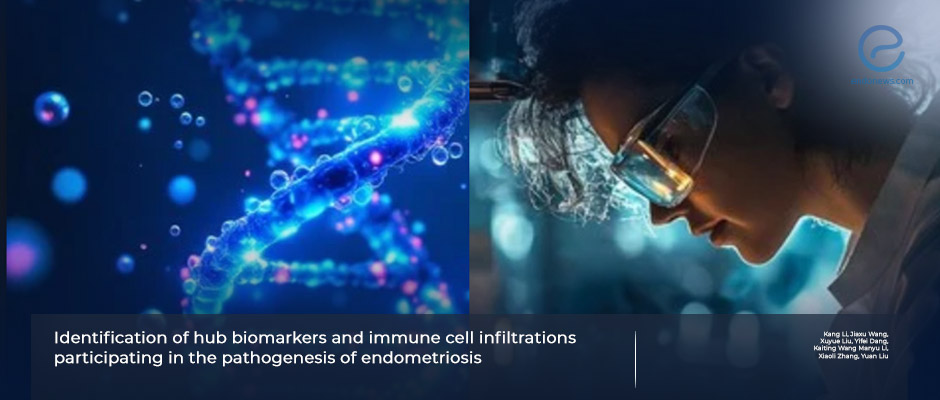
 By Eylül GÜN
By Eylül GÜN
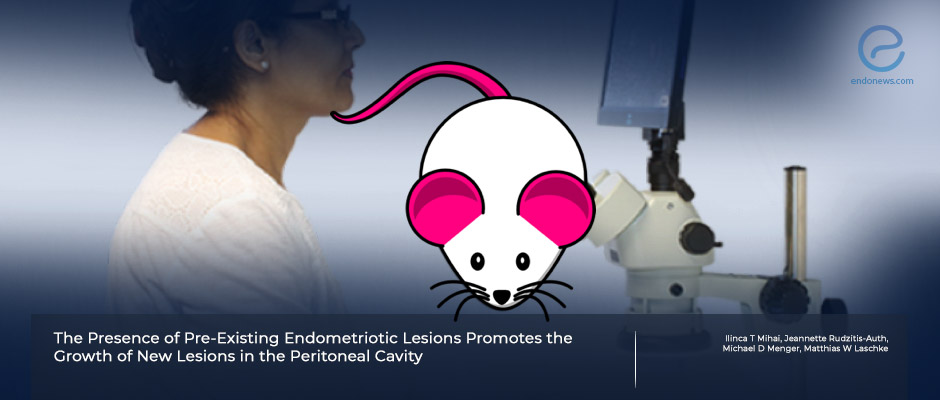
 By Nasuhi Engin Aydin
By Nasuhi Engin Aydin
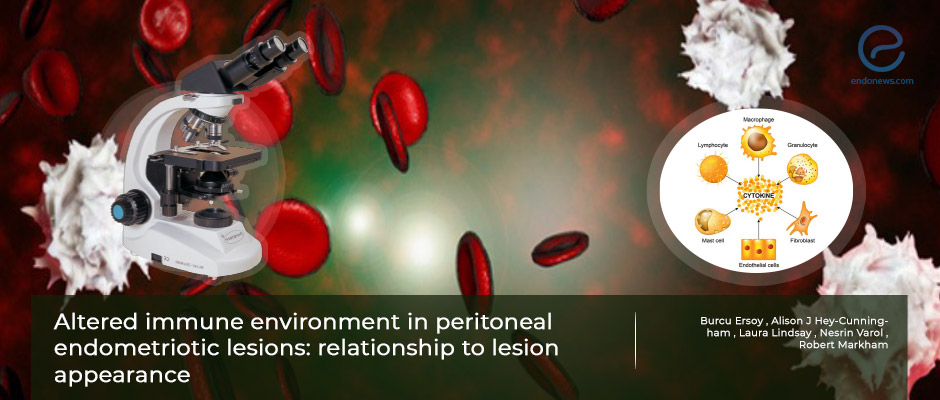
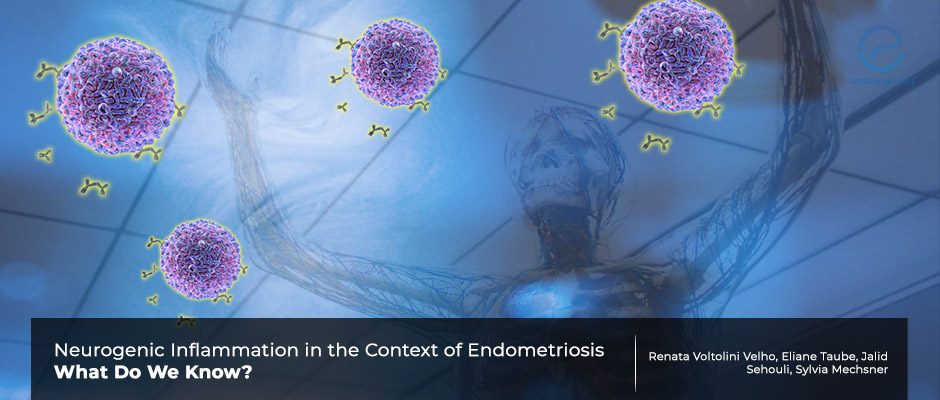
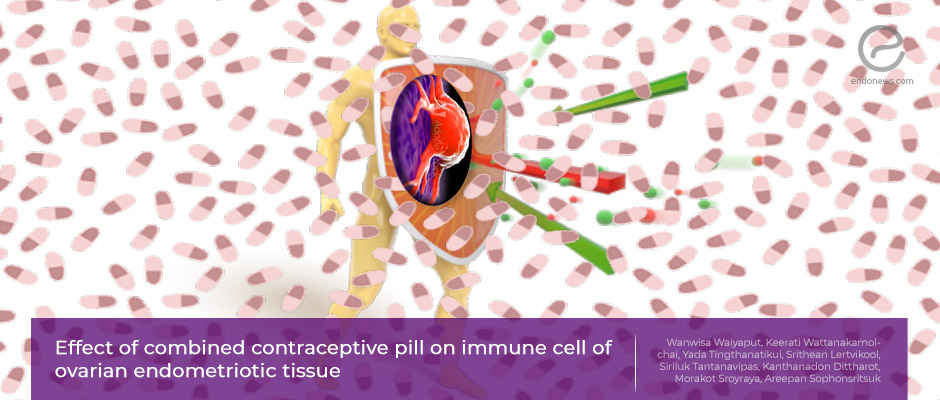
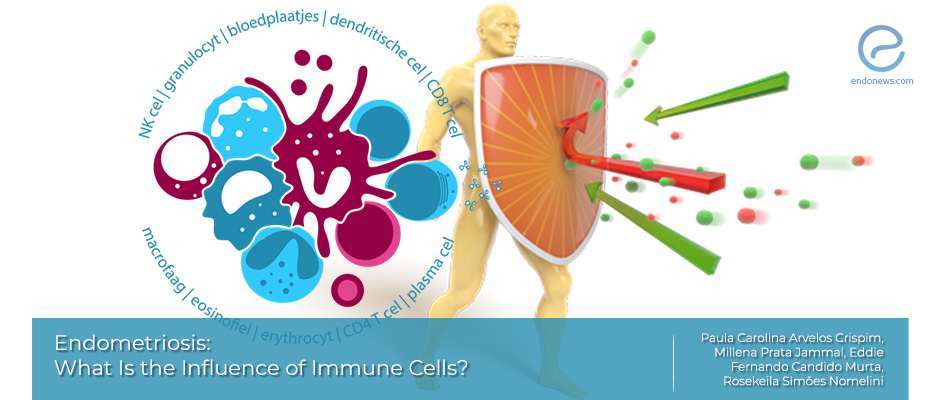
 By Dr. Youngran Park
By Dr. Youngran Park
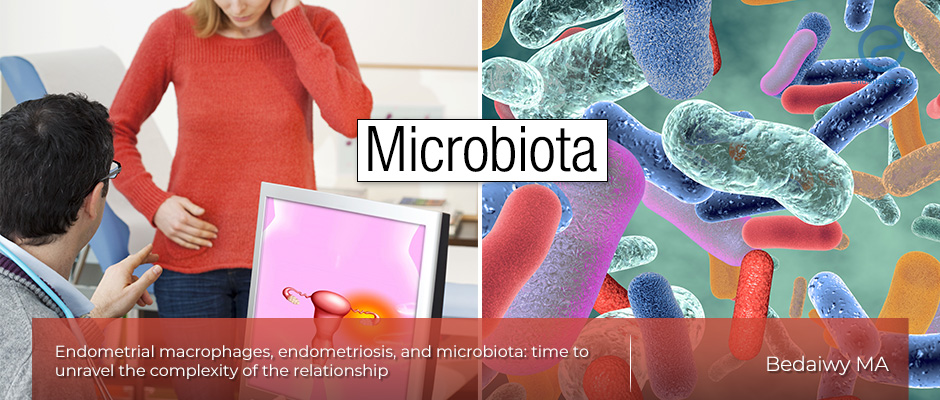
 By Hale Goksever Celik
By Hale Goksever Celik
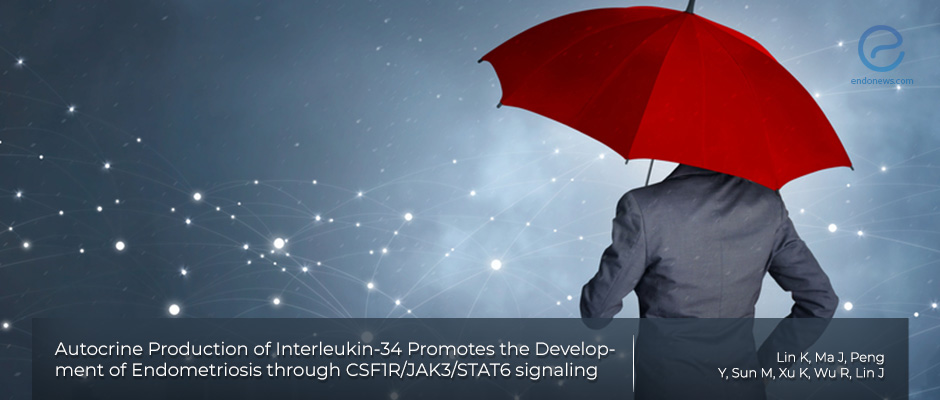
 By Yu Yu
By Yu Yu
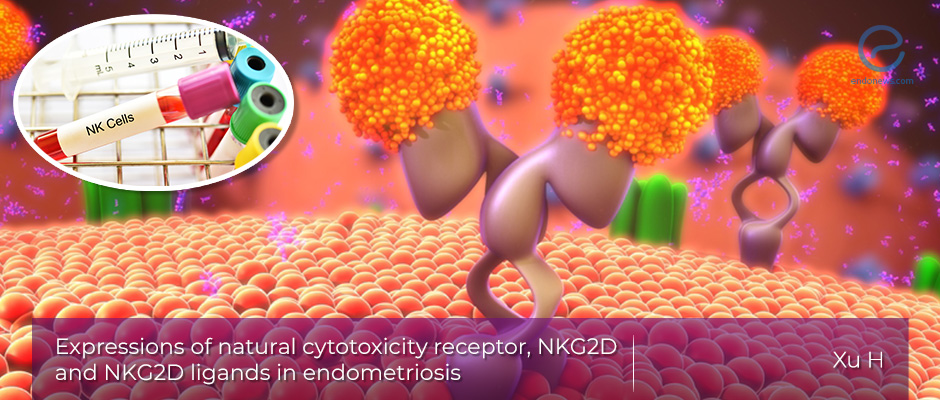

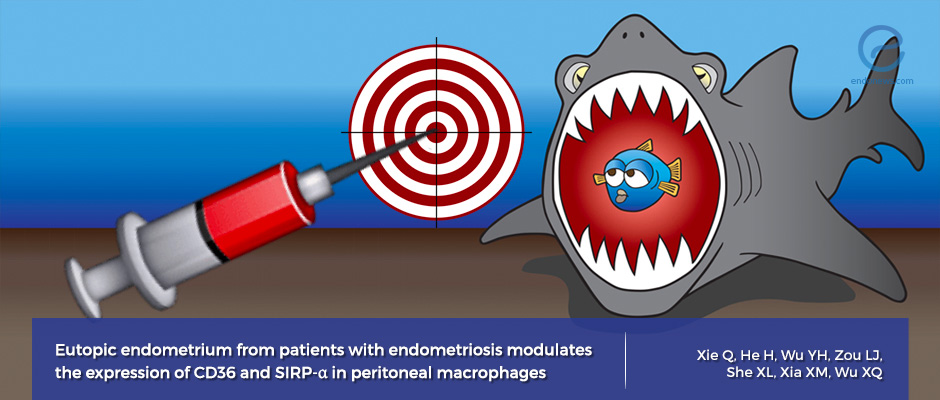
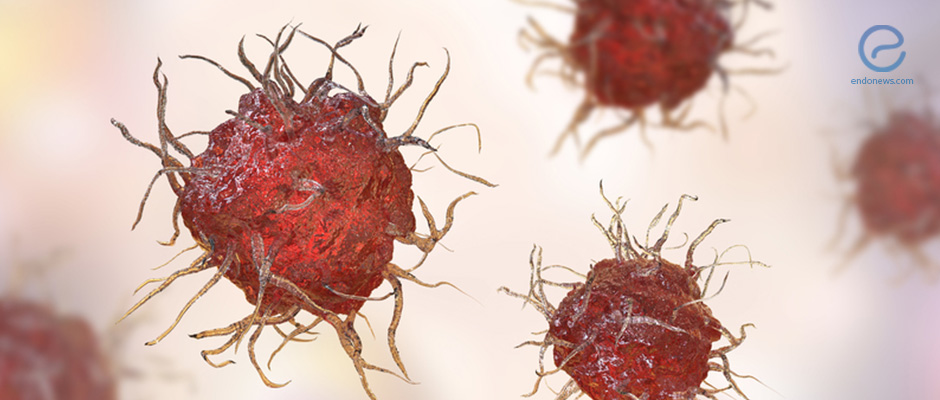
 By Murat Osman
By Murat Osman

